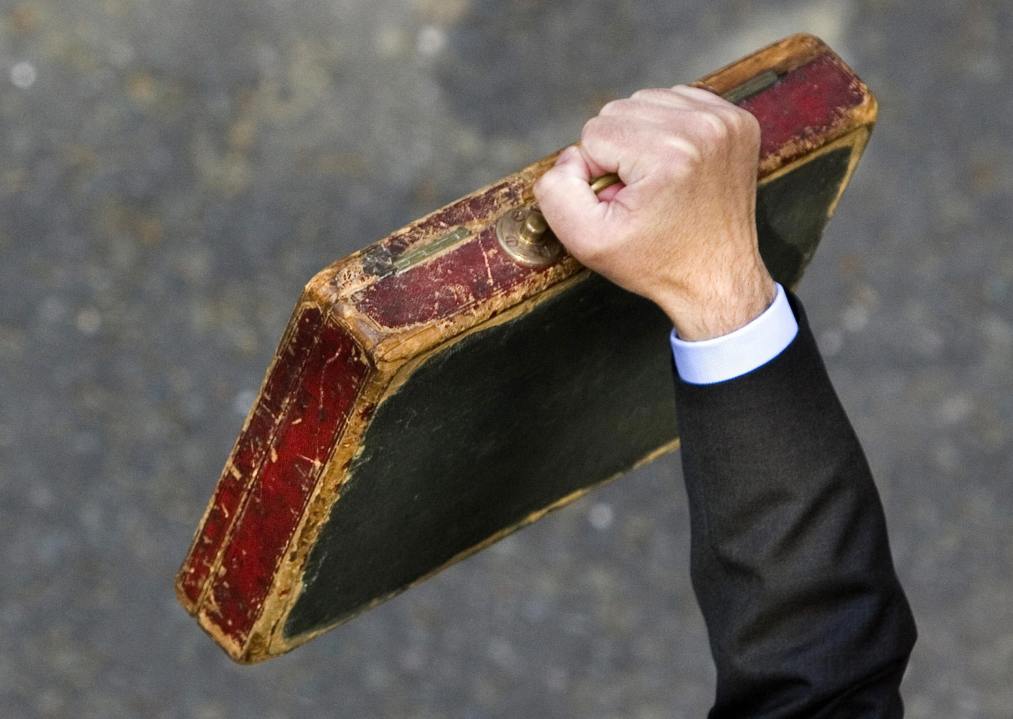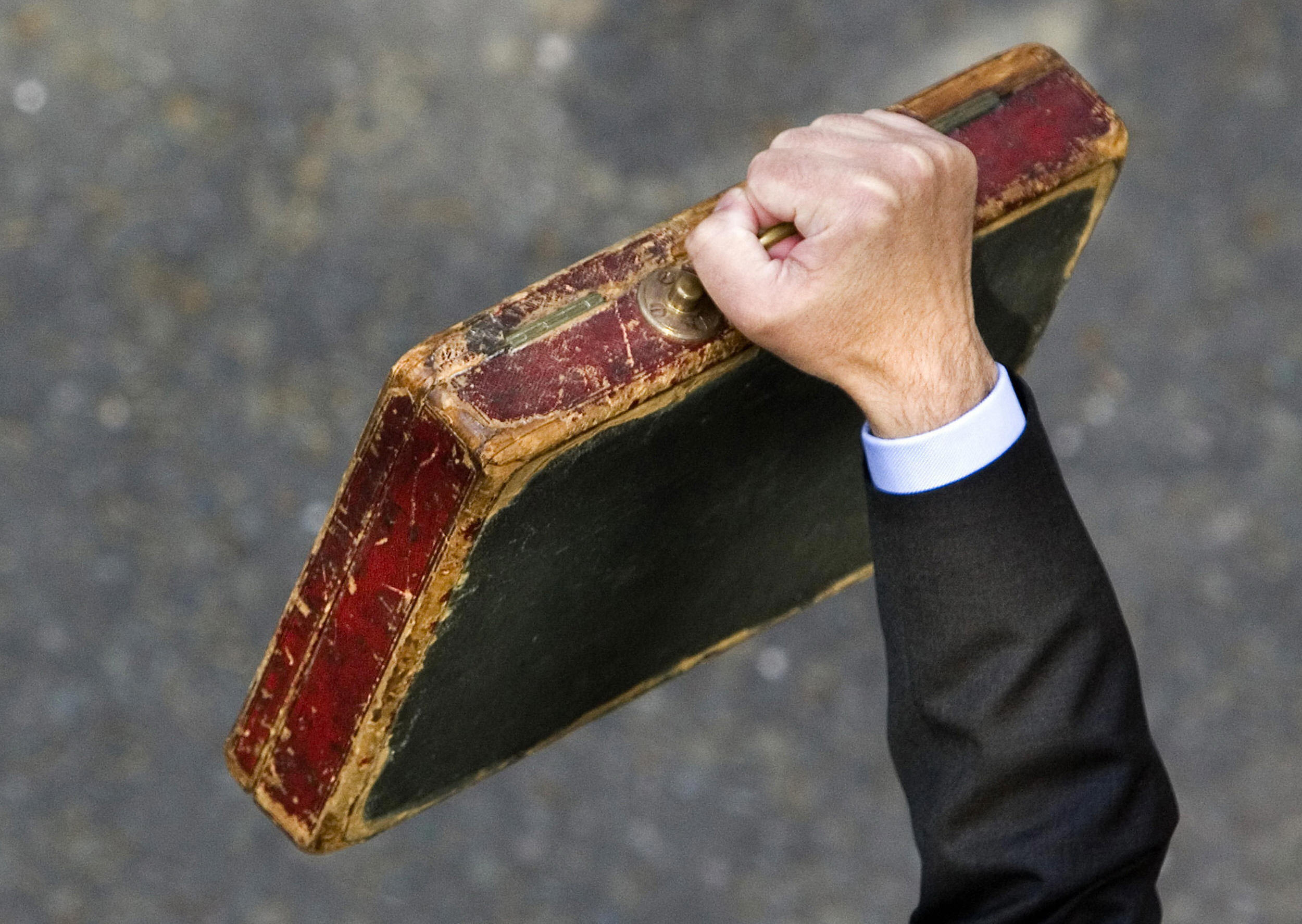 We baristas at CoffeeHouse aim to serve all our customers, so I’m happy that I have made John Rentoul remind himself that he is “left wing really.” And why? Because in my (admittedly grumpy) write-up of Cameron’s press conference yesterday I said that using words like “Laffer” to describe the pernicious effects of high tax rates makes it sound like an obscure argument. JFK was cutting taxes for the rich and arguing that a “rising tide lifts all boats” well before Art Laffer doodled on a cocktail napkin. And it’s an ancient idea, I said, which you can trace back to the book of Deuteronomy if you want..
We baristas at CoffeeHouse aim to serve all our customers, so I’m happy that I have made John Rentoul remind himself that he is “left wing really.” And why? Because in my (admittedly grumpy) write-up of Cameron’s press conference yesterday I said that using words like “Laffer” to describe the pernicious effects of high tax rates makes it sound like an obscure argument. JFK was cutting taxes for the rich and arguing that a “rising tide lifts all boats” well before Art Laffer doodled on a cocktail napkin. And it’s an ancient idea, I said, which you can trace back to the book of Deuteronomy if you want..
Uh-oh. My mistake. I used this because it was the oldest example (about 700BC) arguing for a low level of taxation (it talks about a 10% tithe) but of course Deuteronomy is also a book of the Bible. I forgot that any Biblical reference flicks a switch in some elements of the left, who see it as proof that someone is bonkers. The D-word allowed Rentoul to paraphrase my argument thus: “It’s in the Bible: 50p tax is Satan’s work”. He thinks I am guilty of the “exposure of a looney-tunes weakness.”
But in fairness to Rentoul, he marshals more arguments to his attack. This one especially. The argument that 50p will be a loss to the Excehquer, he says, was
“rubbish when Andrew Neil was peddling it as editor of The Sunday Times in the 1980s and it is rubbish now. When Nigel Lawson abolished the 60 per cent rate in 1987, the proportion of tax raised from people paying the remaining higher rate, 40 per cent, increased. But this was because more people moved onto the 40 per cent rate. The threshold for the 40 per cent rate did not stay ahead of the rate of growth of earnings, so millions more people started paying it, more than compensating for the revenue loss from the tiny numbers that paid the old 60 per cent rate.”
Yet my argument (explained more fully in this week’s cover story) has nothing to do with how many were in the 40p rate. It is about the subsequent explosion in wealth created by (and, ergo, tax taken from) the richest 1% and 5% of the population. Here, John, is my gospel:
Share of total income tax liability, UK taxpayers. Source: HMRC
| 1976-77 | 1986-87 | 1999-00 | |
| Top income tax rate |
83% | 60% | 40% |
| Top 1% |
11% | 14% | 21% |
| Top 5% | 23% | 29% | 40% |
| Top 10% |
35% | 39% | 51% |
| Lower 50% | 20% | 16% | 12% |
So to test Rentoul’s rediscovered left-wing credentials, I ask him this: which of these three years had the fairest, most progressive tax system?
UPDATE: John Rentoul has responded: he thinks 1976-77 was the most “progressive”. And he’s serious. Read why here.








Comments